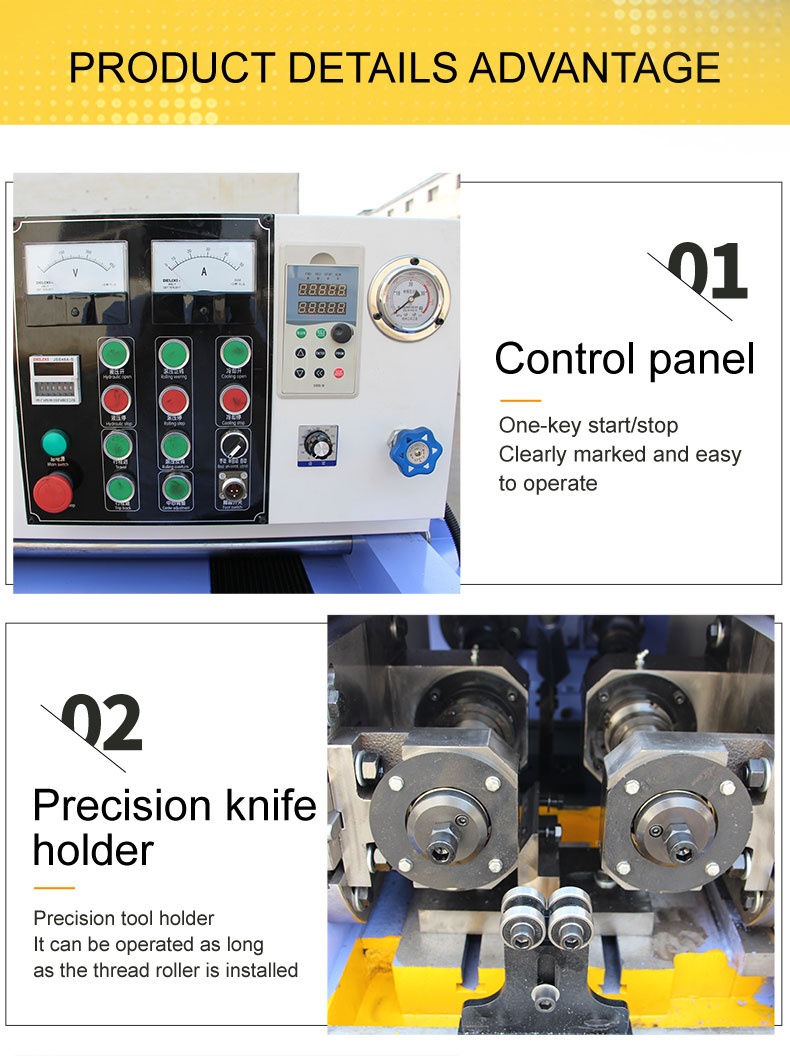
-
 Afrikaans
Afrikaans -
 Albanian
Albanian -
 Amharic
Amharic -
 Arabic
Arabic -
 Armenian
Armenian -
 Azerbaijani
Azerbaijani -
 Basque
Basque -
 Belarusian
Belarusian -
 Bengali
Bengali -
 Bosnian
Bosnian -
 Bulgarian
Bulgarian -
 Catalan
Catalan -
 Cebuano
Cebuano -
 Corsican
Corsican -
 Croatian
Croatian -
 Czech
Czech -
 Danish
Danish -
 Dutch
Dutch -
 English
English -
 Esperanto
Esperanto -
 Estonian
Estonian -
 Finnish
Finnish -
 French
French -
 Frisian
Frisian -
 Galician
Galician -
 Georgian
Georgian -
 German
German -
 Greek
Greek -
 Gujarati
Gujarati -
 Haitian Creole
Haitian Creole -
 hausa
hausa -
 hawaiian
hawaiian -
 Hebrew
Hebrew -
 Hindi
Hindi -
 Miao
Miao -
 Hungarian
Hungarian -
 Icelandic
Icelandic -
 igbo
igbo -
 Indonesian
Indonesian -
 irish
irish -
 Italian
Italian -
 Japanese
Japanese -
 Javanese
Javanese -
 Kannada
Kannada -
 kazakh
kazakh -
 Khmer
Khmer -
 Rwandese
Rwandese -
 Korean
Korean -
 Kurdish
Kurdish -
 Kyrgyz
Kyrgyz -
 Lao
Lao -
 Latin
Latin -
 Latvian
Latvian -
 Lithuanian
Lithuanian -
 Luxembourgish
Luxembourgish -
 Macedonian
Macedonian -
 Malgashi
Malgashi -
 Malay
Malay -
 Malayalam
Malayalam -
 Maltese
Maltese -
 Maori
Maori -
 Marathi
Marathi -
 Mongolian
Mongolian -
 Myanmar
Myanmar -
 Nepali
Nepali -
 Norwegian
Norwegian -
 Norwegian
Norwegian -
 Occitan
Occitan -
 Pashto
Pashto -
 Persian
Persian -
 Polish
Polish -
 Portuguese
Portuguese -
 Punjabi
Punjabi -
 Romanian
Romanian -
 Russian
Russian -
 Samoan
Samoan -
 Scottish Gaelic
Scottish Gaelic -
 Serbian
Serbian -
 Sesotho
Sesotho -
 Shona
Shona -
 Sindhi
Sindhi -
 Sinhala
Sinhala -
 Slovak
Slovak -
 Slovenian
Slovenian -
 Somali
Somali -
 Spanish
Spanish -
 Sundanese
Sundanese -
 Swahili
Swahili -
 Swedish
Swedish -
 Tagalog
Tagalog -
 Tajik
Tajik -
 Tamil
Tamil -
 Tatar
Tatar -
 Telugu
Telugu -
 Thai
Thai -
 Turkish
Turkish -
 Turkmen
Turkmen -
 Ukrainian
Ukrainian -
 Urdu
Urdu -
 Uighur
Uighur -
 Uzbek
Uzbek -
 Vietnamese
Vietnamese -
 Welsh
Welsh -
 Bantu
Bantu -
 Yiddish
Yiddish -
 Yoruba
Yoruba -
 Zulu
Zulu
Understanding the Mechanisms Behind Roll Thread Machinery and Its Applications
Understanding Roll Thread Machines A Comprehensive Overview
Roll thread machines are specialized pieces of equipment utilized in the manufacturing and metalworking industries for creating threads on cylindrical parts. These machines have gained popularity due to their efficiency, precision, and cost-effectiveness compared to traditional cutting methods. This article delves into the mechanics of roll thread machines, their applications, benefits, and considerations for manufacturers.
What is a Roll Thread Machine?
A roll thread machine is designed to form threads on metal rods, tubes, or other cylindrical components using a process called thread rolling. Unlike conventional methods that cut threads into the material, thread rolling displaces the metal to create a smooth and precise thread profile. This process typically uses two or three hardened rollers that exert pressure on the workpiece, forming threads without removing any material.
The thread rolling process generally involves three stages forming, rolling, and finishing. In the forming stage, the rollers begin to shape the material; during the rolling stage, the workpiece is turned to ensure uniform threads, and in the finishing stage, any extraneous materials or defects are removed to meet quality standards.
Applications of Roll Thread Machines
Roll thread machines are versatile and find applications across various industries. They are widely used in aerospace, automotive, manufacturing, and construction, where strong and reliable threaded parts are crucial. Common applications include
1. Fasteners Producing bolts, screws, and nuts that require precise threading for secure assembly. 2. Hydraulic Components Forming threads on hydraulic fittings and connectors essential in fluid systems. 3. Electronics Creating threaded components in electronic devices that ensure stability and connectivity. 4. Construction Manufacturing rebar and other structural components that require threading for robust construction.
roll thread machine

Benefits of Roll Thread Machines
The adoption of roll thread machines offers numerous benefits that appeal to manufacturers
1. Increased Strength of Threads The rolling process improves the grain structure of the metal, resulting in threads that are often stronger than those created through cutting. 2. Higher Production Rates Roll thread machines can produce threads much faster than traditional cutting methods, which leads to higher throughput and improved efficiency. 3. Reduced Material Waste Since the rolling process does not remove material, it generates minimal scrap, helping to conserve resources and reduce disposal costs. 4. Enhanced Surface Finish The formation of threads through rolling creates a smoother finish, reducing the need for additional machining or polishing processes.
Considerations for Manufacturers
While roll thread machines provide significant advantages, manufacturers must consider a few factors before implementation
1. Material Compatibility Not all materials are suitable for thread rolling. Manufacturers must ensure that the workpiece material can withstand the deformation process without fracturing. 2. Machine Setup Proper training and machine setup are essential to ensure accuracy in thread dimensions and profiles. This may require significant initial effort but pays off in consistent quality. 3. Maintenance Regular maintenance of the machines and rollers is crucial for prolonging their lifespan and ensuring optimal performance.
Conclusion
In summary, roll thread machines represent a modern evolution in manufacturing technology, providing efficient, cost-effective, and high-quality solutions for producing threaded components. As industries continue to evolve, the role of these machines in meeting the demands for precision and strength will only become more critical. Manufacturers looking to enhance their productivity and product quality would do well to consider incorporating roll thread machines into their operations.
